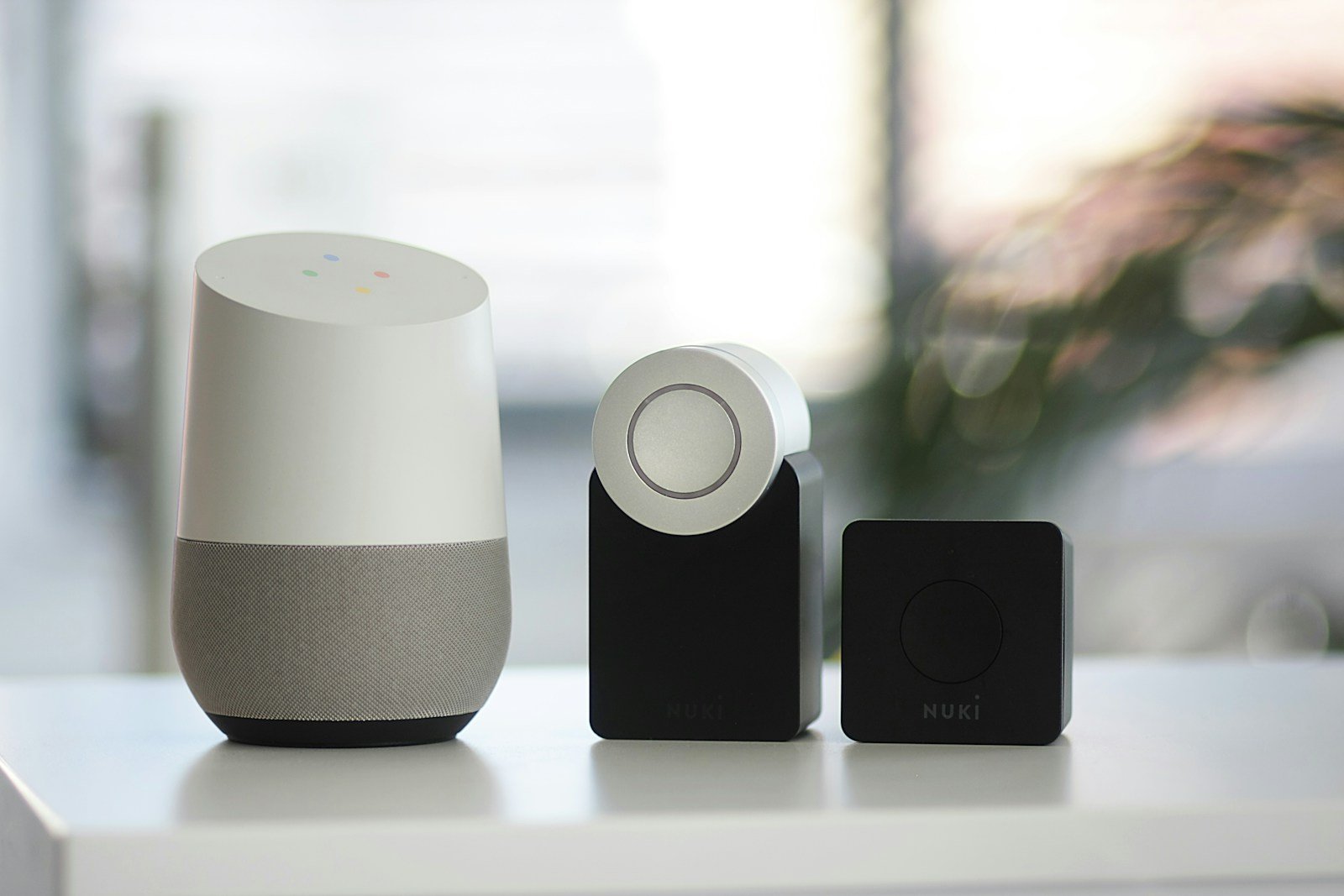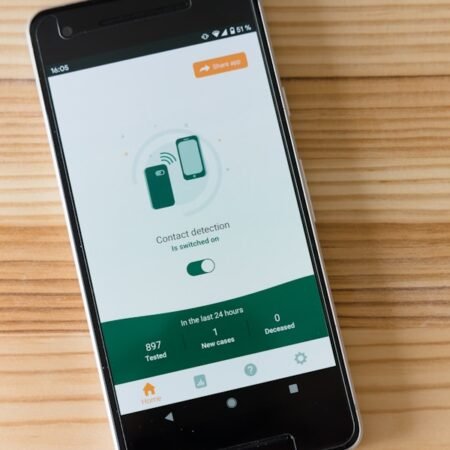In today’s digital age, it’s nearly impossible to avoid the presence of electronics in our daily lives. From smartphones and tablets to interactive toys and educational apps, toddlers are growing up in a world where technology is an integral part of their learning and development. While some parents may be hesitant to introduce electronics to their young children, research has shown that when used in moderation and with guidance, electronics can have a positive impact on toddler development.
On one hand, electronics can provide toddlers with access to a wide range of educational content, including interactive games, videos, and learning apps that can help them develop important skills such as problem-solving, critical thinking, and language development. Additionally, electronics can also be used as a tool for communication and social interaction, allowing toddlers to connect with family members and friends through video calls and messaging apps. However, it’s important to note that excessive screen time can have negative effects on toddler development, including delayed language development, decreased attention span, and disrupted sleep patterns. Therefore, it’s crucial for parents to monitor and regulate their child’s screen time to ensure a healthy balance between digital learning and other activities.
Key Takeaways
- Electronics can play a significant role in toddler learning, but it’s important to understand the impact on development.
- Digital learning for toddlers has both benefits and drawbacks, and it’s essential for parents to navigate this digital playground with caution.
- Balancing screen time with other learning activities is crucial for a well-rounded early childhood education.
- Interactive and educational apps can be valuable tools for toddler learning when used appropriately.
- Keeping up with trends and innovations in digital learning for toddlers can help parents make informed decisions about their child’s education.
The Benefits and Drawbacks of Digital Learning for Toddlers
When it comes to digital learning for toddlers, there are both benefits and drawbacks to consider. On one hand, digital learning can provide toddlers with access to a wide range of educational content that can help them develop important skills such as problem-solving, critical thinking, and language development. Interactive games and learning apps can make learning fun and engaging for toddlers, helping them to stay motivated and focused on their educational goals. Additionally, electronics can also be used as a tool for communication and social interaction, allowing toddlers to connect with family members and friends through video calls and messaging apps.
On the other hand, excessive screen time can have negative effects on toddler development. Studies have shown that too much screen time can lead to delayed language development, decreased attention span, and disrupted sleep patterns in young children. Therefore, it’s important for parents to monitor and regulate their child’s screen time to ensure a healthy balance between digital learning and other activities. By setting limits on screen time and encouraging a variety of learning activities, parents can help their toddlers reap the benefits of digital learning while minimizing the drawbacks.
Navigating the Digital Playground: Tips for Parents
Navigating the digital playground can be a daunting task for parents, especially when it comes to introducing electronics to their young children. However, with the right guidance and strategies in place, parents can help their toddlers make the most of digital learning while minimizing the potential drawbacks. One important tip for parents is to set limits on screen time and establish a healthy balance between digital learning and other activities. By setting clear boundaries and encouraging a variety of learning experiences, parents can help their toddlers develop important skills while avoiding the negative effects of excessive screen time.
Another important tip for parents is to choose high-quality, educational content for their toddlers. With the wide range of apps and games available for young children, it’s crucial for parents to carefully select content that is age-appropriate, engaging, and educational. By choosing interactive and educational apps that align with their child’s interests and developmental needs, parents can ensure that their toddlers are getting the most out of their digital learning experiences. Additionally, parents should also take an active role in their child’s digital learning by engaging in activities together, asking questions, and providing guidance when needed. By being actively involved in their child’s digital learning experiences, parents can help their toddlers develop important skills while fostering a positive relationship with technology.
Understanding the Role of Electronics in Early Childhood Education
The role of electronics in early childhood education has evolved significantly in recent years, with many educators recognizing the potential benefits of digital learning for young children. When used in moderation and with guidance, electronics can provide toddlers with access to a wide range of educational content that can help them develop important skills such as problem-solving, critical thinking, and language development. Additionally, electronics can also be used as a tool for communication and social interaction, allowing toddlers to connect with family members and friends through video calls and messaging apps.
However, it’s important for educators to recognize the potential drawbacks of excessive screen time on toddler development. Studies have shown that too much screen time can lead to delayed language development, decreased attention span, and disrupted sleep patterns in young children. Therefore, it’s crucial for educators to work closely with parents to monitor and regulate their child’s screen time to ensure a healthy balance between digital learning and other activities. By providing guidance on selecting high-quality, educational content and promoting a variety of learning experiences, educators can help parents navigate the digital playground while maximizing the benefits of digital learning for toddlers.
The Importance of Balancing Screen Time with Other Learning Activities
While digital learning can provide toddlers with access to a wide range of educational content, it’s important for parents and educators to recognize the importance of balancing screen time with other learning activities. While interactive games and learning apps can make learning fun and engaging for toddlers, it’s crucial for young children to engage in a variety of activities that promote physical activity, social interaction, and hands-on learning experiences. By encouraging a balance between screen time and other activities such as outdoor play, reading, arts and crafts, and imaginative play, parents and educators can help toddlers develop important skills while fostering a well-rounded approach to learning.
In addition to promoting a variety of learning activities, it’s also important for parents and educators to model healthy screen time habits for their toddlers. By demonstrating responsible use of electronics and setting limits on their own screen time, adults can serve as positive role models for young children while promoting a healthy relationship with technology. By prioritizing face-to-face interactions, outdoor play, and hands-on learning experiences alongside digital learning opportunities, parents and educators can help toddlers develop important skills while fostering a balanced approach to early childhood education.
Exploring Interactive and Educational Apps for Toddlers
When it comes to selecting interactive and educational apps for toddlers, there are a wide range of options available that cater to different interests and developmental needs. From interactive games that promote problem-solving and critical thinking skills to educational apps that focus on language development and early literacy skills, there are countless opportunities for young children to engage in digital learning experiences. However, it’s crucial for parents and educators to carefully select high-quality content that is age-appropriate, engaging, and educational.
One important consideration when exploring interactive and educational apps for toddlers is to look for content that aligns with their developmental needs and interests. By choosing apps that are designed specifically for young children and focus on important skills such as early literacy, numeracy, problem-solving, and creativity, parents and educators can ensure that their toddlers are getting the most out of their digital learning experiences. Additionally, it’s important to look for apps that provide opportunities for hands-on interaction and engagement, as well as opportunities for parent-child interaction. By selecting apps that encourage active participation and collaboration, parents and educators can help toddlers develop important skills while fostering a positive relationship with technology.
The Future of Digital Learning for Toddlers: Trends and Innovations
As technology continues to evolve at a rapid pace, the future of digital learning for toddlers is filled with exciting trends and innovations that have the potential to transform early childhood education. From advancements in virtual reality and augmented reality technology to the development of interactive toys and educational apps that cater to different interests and developmental needs, there are countless opportunities for young children to engage in digital learning experiences. Additionally, as educators continue to recognize the potential benefits of digital learning for toddlers when used in moderation and with guidance, there is a growing emphasis on integrating technology into early childhood education in meaningful ways.
One exciting trend in the future of digital learning for toddlers is the development of interactive toys that combine physical play with digital experiences. These toys provide young children with opportunities for hands-on interaction while incorporating elements of technology such as sensors, lights, sounds, and interactive features. Additionally, advancements in virtual reality and augmented reality technology have the potential to provide young children with immersive learning experiences that promote creativity, exploration, and problem-solving skills. As technology continues to evolve, there are countless opportunities for innovation in the field of digital learning for toddlers that have the potential to transform early childhood education in meaningful ways.
In conclusion, the role of electronics in toddler learning is complex and multifaceted. While there are both benefits and drawbacks to consider when it comes to digital learning for toddlers, it’s clear that when used in moderation and with guidance, electronics can have a positive impact on toddler development. By setting limits on screen time, choosing high-quality educational content, promoting a variety of learning activities, modeling healthy screen time habits, exploring interactive and educational apps, and staying informed about trends and innovations in the field of digital learning for toddlers, parents and educators can help young children make the most of their digital learning experiences while fostering a balanced approach to early childhood education in today’s digital age.
FAQs
What is the role of electronics in toddler learning?
Electronics can play a role in toddler learning by providing interactive and educational content that can help develop cognitive and motor skills. However, it is important for parents to monitor and limit screen time to ensure a balanced approach to learning.
What are the potential benefits of using electronics for toddler learning?
Using electronics for toddler learning can provide access to educational apps, games, and videos that can help improve language development, problem-solving skills, and hand-eye coordination. It can also introduce toddlers to technology in a controlled and supervised manner.
What are the potential risks of excessive electronic use for toddlers?
Excessive electronic use for toddlers can lead to negative effects such as decreased physical activity, disrupted sleep patterns, and potential developmental delays. It is important for parents to set limits and provide a balanced approach to learning that includes hands-on activities and outdoor play.
How can parents ensure a healthy balance of electronic use for toddler learning?
Parents can ensure a healthy balance of electronic use for toddler learning by setting limits on screen time, choosing high-quality educational content, and engaging in interactive activities with their toddlers. It is also important to model healthy screen time habits for children to follow.





























